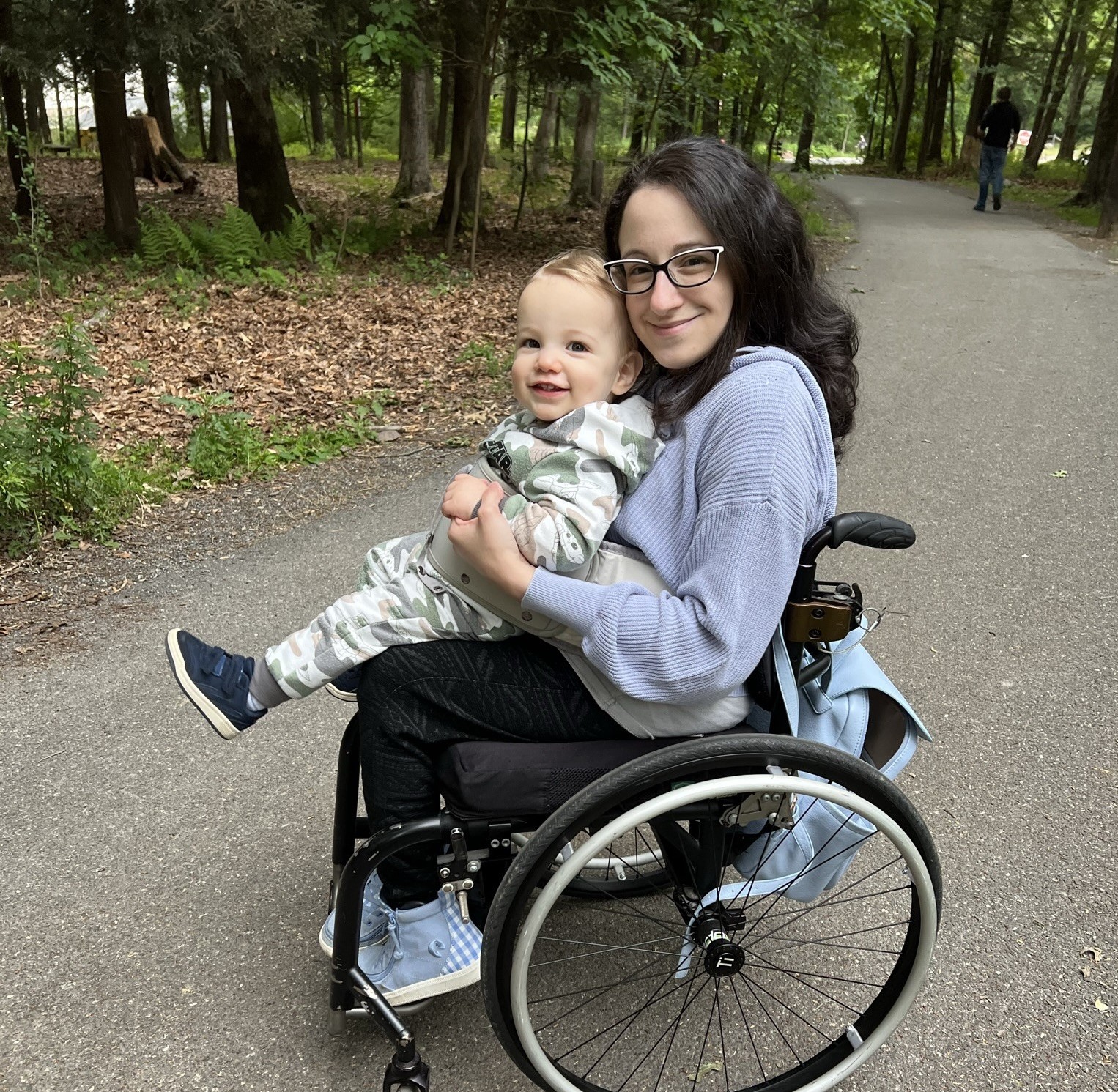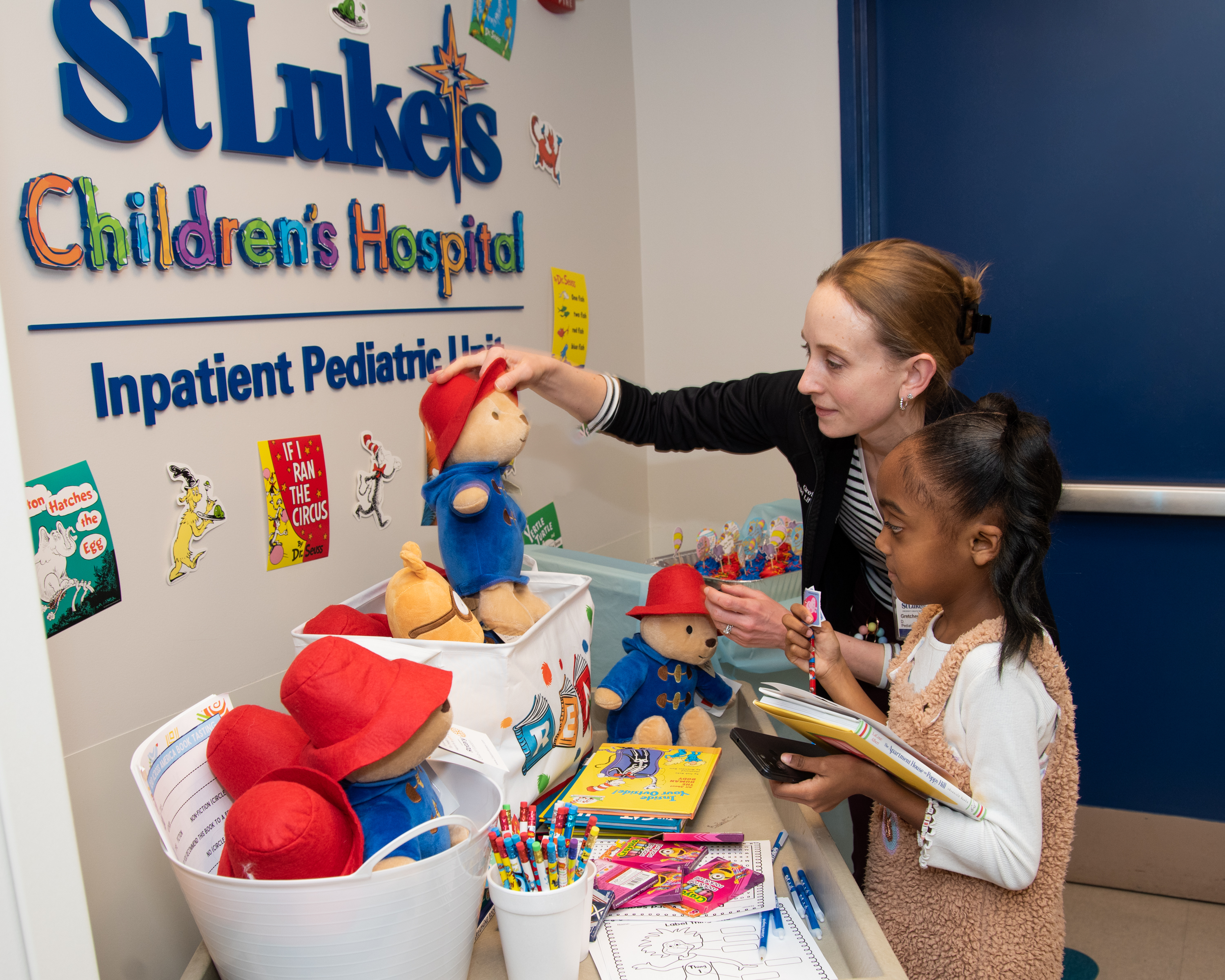News

As a regional leader in women’s and pediatric services, St. Luke’s University Health Network offers extensive educational and support services encouraging mothers to breastfeed. Rima Strassman, MD, Medical Director of Lactation Services at St. Luke’s, talks about the benefits of breastfeeding and how St. Luke’s supports moms before, during and after childbirth.
What are the benefits of breastfeeding?
In addition to providing ideal nutrition for babies, breastfeeding provides many lifelong health benefits for both moms and babies. For mothers, breastfeeding reduces the risk of breast and ovarian cancer, type 2 diabetes, coronary artery disease and obesity. Babies who are breastfed have a decreased risk of developing childhood cancers, respiratory tract infections, gastrointestinal disease, coronary artery disease and type 1 and 2 diabetes, as well as lower instances of vomiting, diarrhea, inflammatory and irritable bowel syndromes. Breastfed babies also have lower occurrences of sudden infant death syndrome (SIDS).
Some studies indicate breastfeeding may even improve a child’s intelligence.
What are some of the challenges mothers face when attempting to breastfeed?
Breastfeeding is biological, but not natural – we need to learn how to do what biology has designed us to do. Babies aren’t born knowing how to nurse and moms don’t inherently know how to do it either. Although breastfeeding is often referred to as “natural,” it does not come easily or automatically for many women. That’s why we encourage women to discuss breastfeeding early in their pregnancy and even while they are considering becoming pregnant. Learning as much as possible through our prenatal classes and conversations with St. Luke’s obstetricians and knowing how to access St. Luke’s lactation services helps mothers feel more confident when their babies arrive.
What lactation services does St. Luke’s offer?
In addition to the educational resources and prenatal breastfeeding classes for expectant mothers, we have certified lactation specialists in all St. Luke’s delivering hospitals. New mothers learn how to initiate breastfeeding, how to position their babies and how to safely handle and store breast milk. They also learn about nutrition, how to mix formula and the appropriate way and time to introduce solid foods.
What resources are available after moms and babies go home?
In addition to ongoing support through St. Luke’s OB and Pediatric practices, St. Luke’s Baby & Me Support Center, the region’s only comprehensive service offering prenatal education, lactation support, post-partum depression counseling and support groups, now has three convenient locations in Bethlehem, Palmerton and Center Valley. St. Luke’s Baby & Me Support Center offers comprehensive ongoing support and services promoting the physical and mental health of moms, babies and families, both virtually and in-person.
Should all moms breastfeed?
Breastfeeding is the best way to feed any human infant, but it is not always the right choice for every family. St. Luke’s goal is to help families find the right combination for them, without judgement. I practice breastfeeding medicine, but my priority is to help families come up with a feeding plan – with or without breastfeeding – and make sure mom and baby are physically and emotionally healthy. Feeding the infant should not come at the cost of a parent’s physical or mental health.
Dr. Rima Strassman is board certified in pediatrics, a Fellow in the Academy of Breastfeeding Medicine and a member of the American Academy of Pediatrics. She is an experienced pediatrician who specializes in breastfeeding medicine and general pediatrics.
Visit the St. Luke’s Baby & Me Support Center



